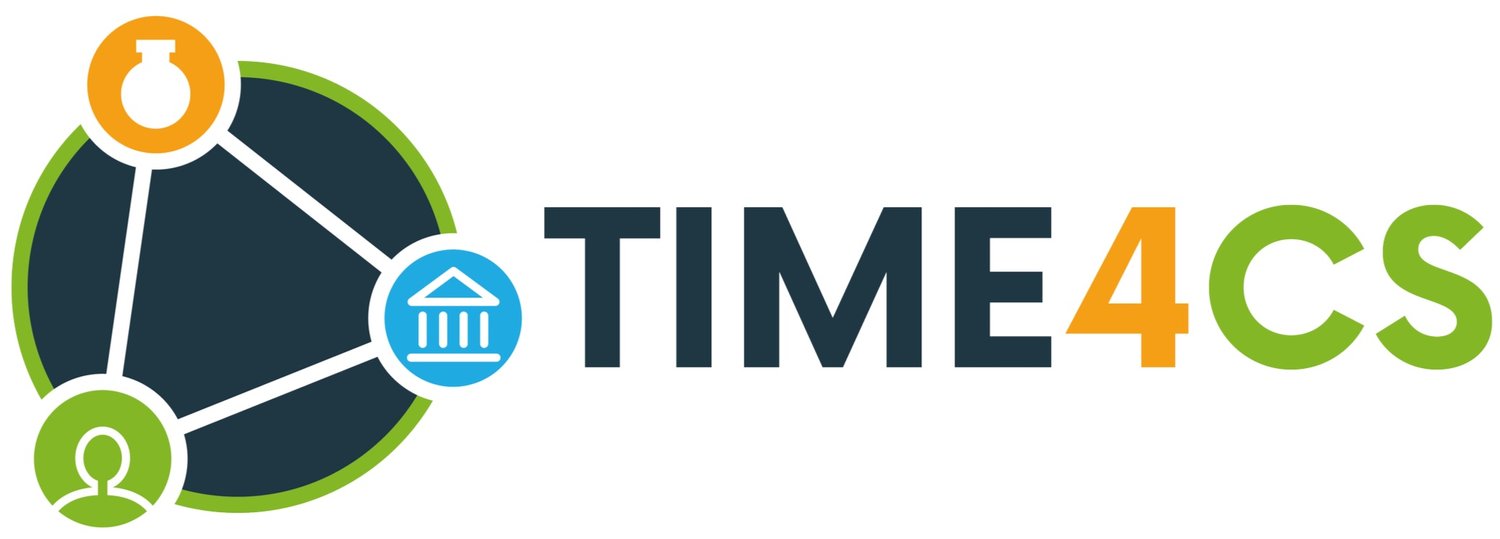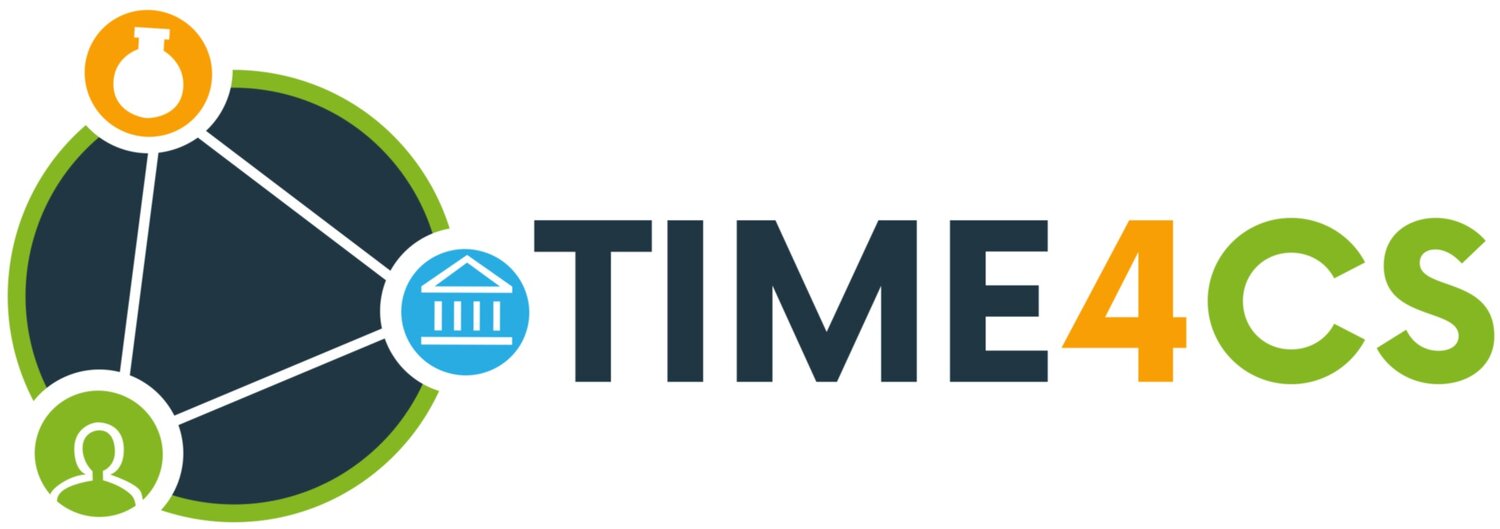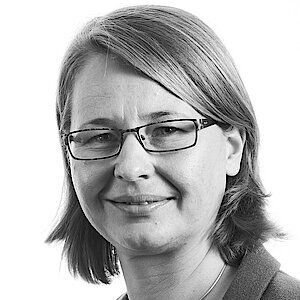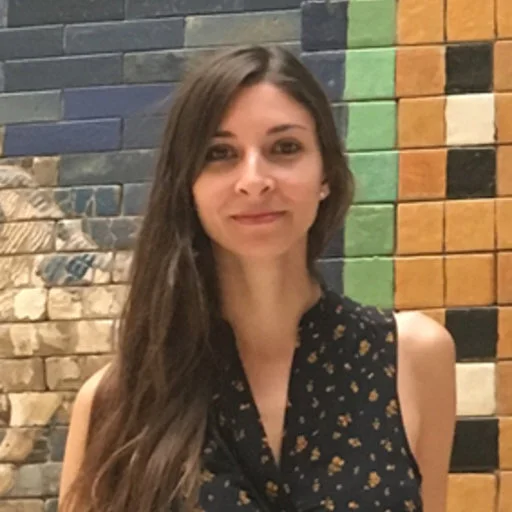About
Role in the project
TIME4CS Team
The European Science Foundation (ESF) was established in 1974 to create a common European platform for cross-border collaborative research cooperation and to act as a coordinating body for Europe’s main research funding and performing organizations. In its 47 years of experience, ESF has supported over 2,000 programmes and networks, gathering more than 300,000 scientists from 186 countries, through funding from 80 Member Organizations in 30 countries.
Now ESF and its new expert services division, Science Connect, still support the conduct of scientific research across Europe, but more as a service provider, rather than a member-owned organization. Via Science Connect ESF has launched a series of services to the scientific and academic communities: grant evaluation, project management and coordination, programme evaluation and career tracking, and aims to support the future of a globally competitive European Research Area while maintaining the strong track-record of successful research programmes for its members.
ESF has been gradually addressing key issues of the ‘Science with and for Society’ (SwafS) programme and has become a key boundary organization of the ERA. Within its RRI cluster, ESF takes coordinates the H2020 PRO-RES, PRO-RES, GRACE, TeRRItoria, CASPER, UniSAFE and RESISTIRE projects and has an active role in various tasks of the DOCENHANCE, TIME4CS, WBC-RRI.NET and OTTER projects.
ESF is one of the two facilitator partners supporting the mutual learning programme. ESF leads the Work Package (WP) 2: “Roadmap framework leading to Institutional Changes”, which is primarily aimed at developing a roadmap framework supporting the achievement of sustainable institutional changes that assure the responsible involvement of society in science and innovation activities.
It first focuses on the development of a roadmap framework that serves as a basis for structuring specific, need-based institutional roadmaps shape-cut for individual organisations. Then, the roadmap framework will be tailored for the 4 consortium Implementers to assure the attainment of sustainable institutional changes via a series of well-defined, timely and achievable short-term (project lifespan) and long-term (sustainable) goals.
ESF is also task leader of T5.2 Data monitoring and data collection and T1.4 Development of the TIME4CS declaration and present in the horizontal activities of the project.
Ildiko Ipolyi
Eugenia Vilarchao
For more information about the European Science Foundation visit esf.org




